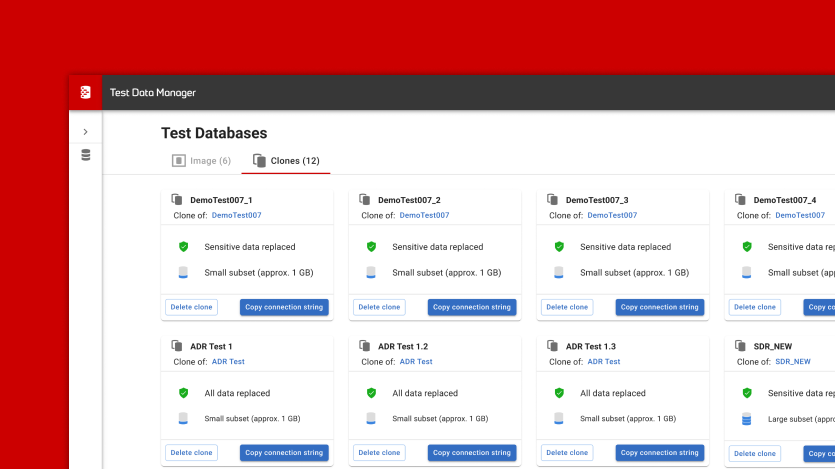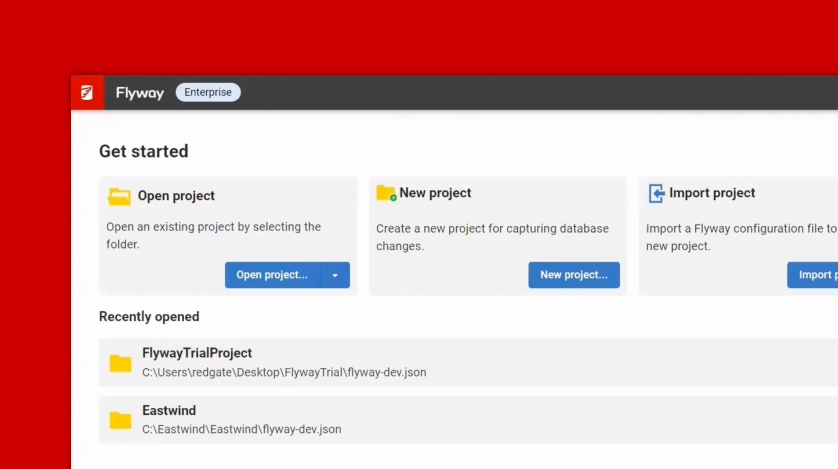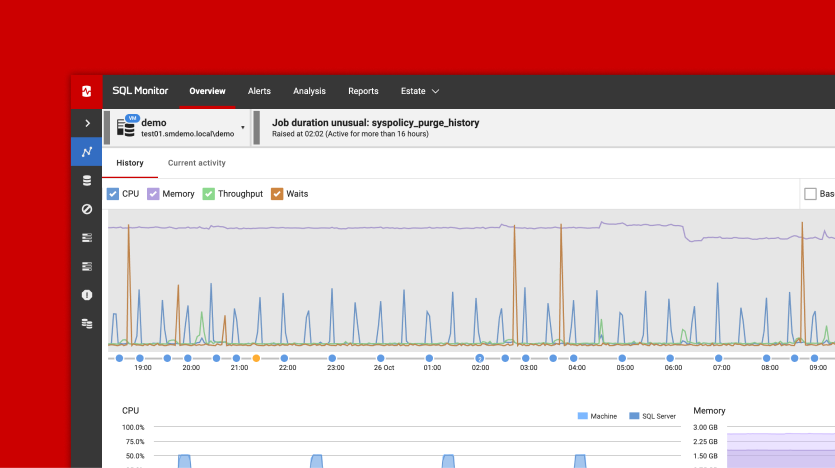The top 7 benefits of DevOps for CIOs
Updated August 2020
When CEOs consider the benefits of DevOps and whether or not they should introduce it, their viewpoint will be influenced by their ongoing concerns with lowering costs and increasing revenues. As a result, factors like gaining a faster time to market and creating higher quality products will be top of the agenda.
Similarly, IT Managers who are involved with day-to-day development will think the faster speed of releases that DevOps enables, along with the lower volume of defects it introduces, are the most important factors.
It’s a different story for CIOs because their focus is more on processes that can increase the throughput of the IT department, or how skilled IT staff can be recruited and retained.
So as soon as a discussion or meeting about the benefits of DevOps takes place between the different stakeholders involved, there is an immediate disconnect. Rather than it resulting in a list of benefits, agreed by everyone, it can end up with a catalogues of differences – and those differences may be the blocker to introducing a DevOps initiative.
That’s disappointing because the advantages of DevOps aren’t restricted to one group of people or a single department – they ripple across a company or organization like a pebble cast in a pond. The 2019 State of DevOps Report, for example, found that high performing organizations practicing DevOps have a change failure rate of between zero and 15%, compared to low performers where the rate is 46% to 60%. So they’re spending a lot less time on unplanned work and unnecessary rework, and more time on new work, than their peers.
That leads to support teams taking fewer calls from unhappy customers, more opportunities for marketing people to promote more features, a higher staff retention rate and less pressure on the HR department, higher revenues … you get the picture.
The disparity in appreciating the benefits of DevOps comes from what highly experienced IT Director, David Linwood, refers to as ‘lenses’. When researching an MSc project on the benefits of DevOps, he discovered that there are actually 24 benefits, with the faster speed and lower cost of releases, and improved operational support and faster fixes topping the list.
When he filtered those benefits, however, through the lenses, or viewpoints, of CEOs, CIOs and IT managers, a different picture emerged. Each of the stakeholders, perhaps unsurprisingly, looked at DevOps in a different way, and expected different outcomes.
So while the faster speed and lower cost of releases leads the benefits when viewed from a general, catch-all perspective, the list of benefits through the lens of CIOs is dramatically different:
- Improved operational support and faster fixes
- Good processes across IT and teams, including automation
- Increased team flexibility and agility
- Happier, more engaged teams
- Cross-skilling and self-improvement
- Collaborative working
- Respect from senior management
The most interesting benefit in the list is the fourth: ‘Happier, more engaged teams’. It demonstrates just how important the lens approach is. A CEO may well regard such a benefit as the result of drinking too much coffee, but for CIOs it’s crucial to maintaining the efficiency of the IT department. Happier people put more effort in, do better work, and stay in the job for longer.
That’s only part of the picture
David Linwood’s research is a valuable addition to the understanding of DevOps, but like all knowledge it needs to be used wisely. Appreciating the benefits of DevOps that will appeal to CIOs is just one element.
The other stakeholders involved – CEOs and IT Managers – also need to be considered, so that discussion we started with earlier needs to include the benefits from their point of view as well.
In a first article in this series, I outlined The top 7 benefits of DevOps for CEOs. In the third, I look at the benefits for IT Managers. Armed with the information from all three, you can then have a discussion about DevOps that will involve and appeal to everyone, rather than driving them apart.
If you’d like to know more about the critical role database teams play in driving a leaner and faster development cycle, download this free IDC Executive Brief.
This post was originally published in February 2018 and has remained relevant – and popular – ever since. It was reviewed in August 2020 to ensure the content is up-to-date.






